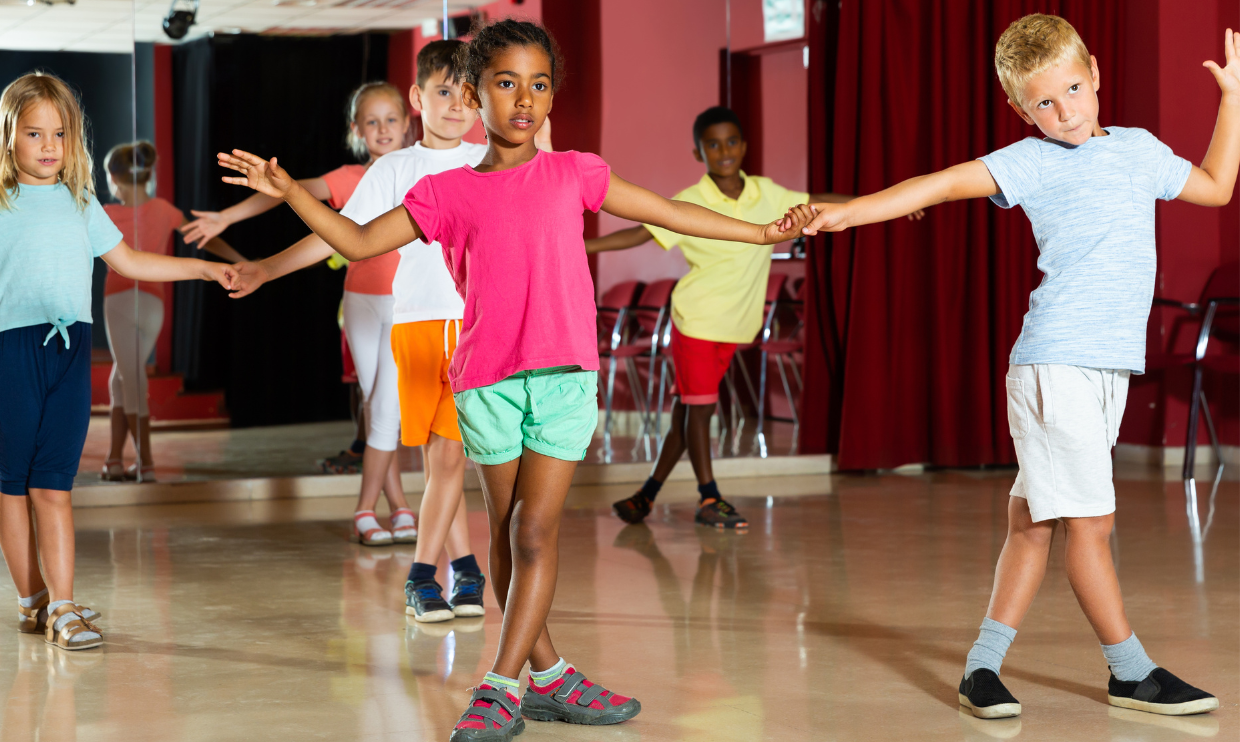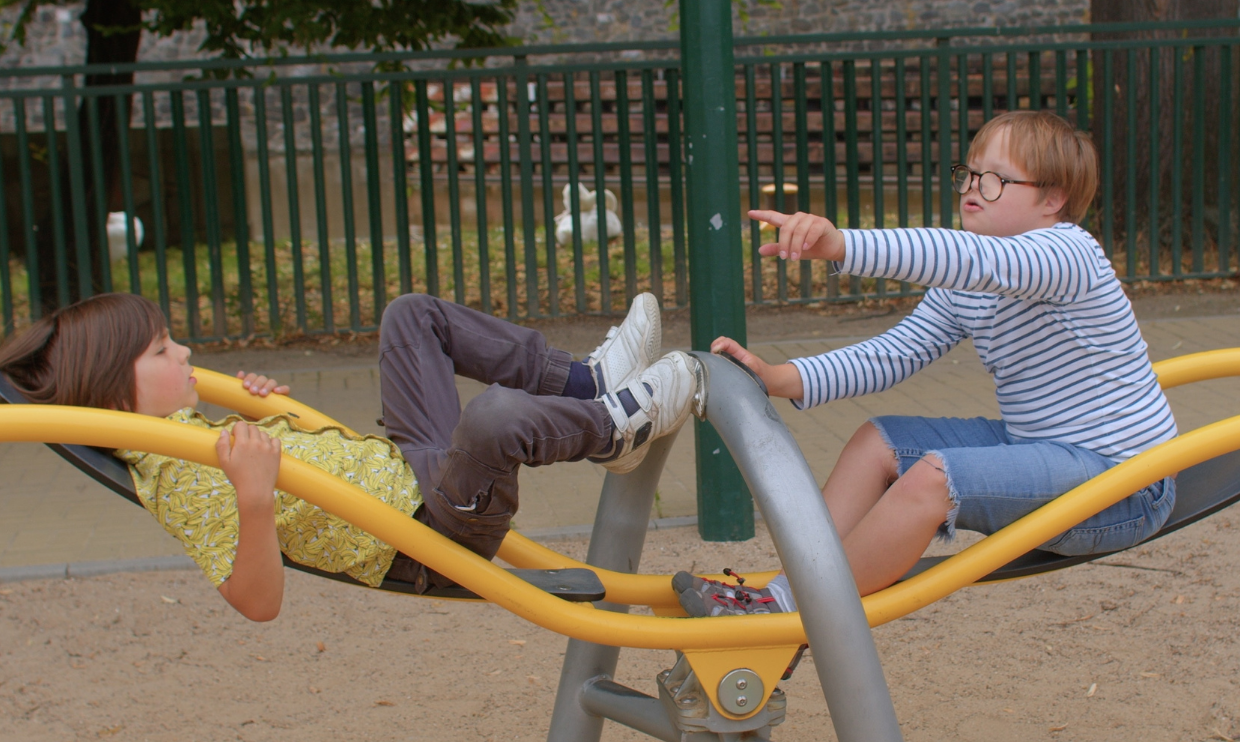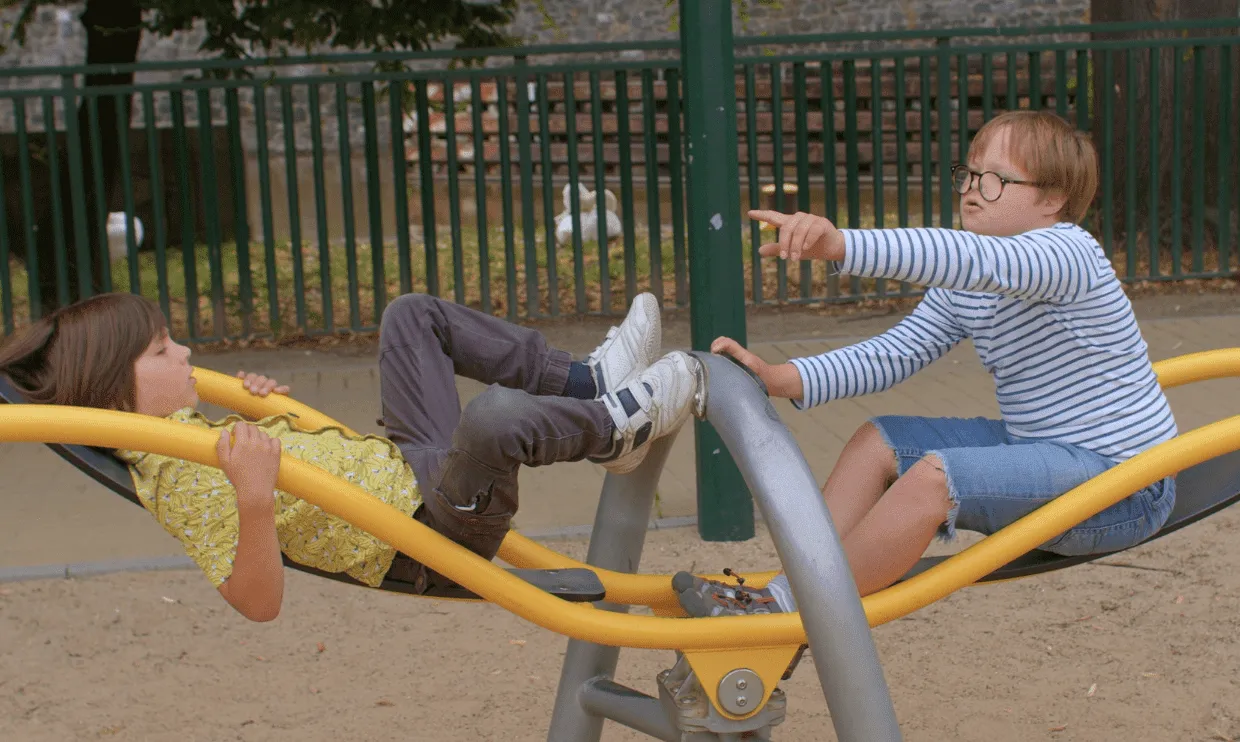While school offers plenty of opportunities for kids to have fun, engage in extracurricular activities, and learn new things, it can also feel extra vulnerable, and sometimes downright scary — especially for our kiddos. Socializing and making friends is daunting enough, but what if they’re also feeling like they just can’t fit it, or they’re being bullied? Too often, it can feel like school isn’t built with their unique needs in mind. All of this can make any child feel overwhelmed and anxious, and can even lead to kids refusing to go to school entirely.
As parents, we all want to help our kids feel good about going to school. We want them to belong. How do we nurture peer relationships and give our kids the extra support they need to feel included and make meaningful connections? And how can we ensure the school — and our kids’s IEPs — reflect this, too? This week, we’re exploring a few of these challenges, and how to support our kids through them.

Parent concern #1: My child is struggling to connect with others and make friends.
- Find resources about building meaningful friendships and social opportunities for our kiddos both within and outside of school — Playdates, PTA meetings, lunchtime social clubs, Frozen-themed UNO cards, Dungeons & Dragons clubs, and more — in our article Socialization and Inclusion: Nurturing Authentic Peer Relationships.
- Listen to inclusion expert Dr. Mary Falvey explain her top 4 Ways to Help Our Kids Socialize and Make Friends, including asking for peer volunteers to help your child go from class to class.
- Find sample IEP socialization goals for preschool, elementary school, middle school, and high school kids in our article Socialization Goals in the IEP.
Parent concern #2: My child is experiencing bullying at school.
- Learning that your child is being bullied can leave any parent feeling helpless and heartbroken. Read about the steps we can take to tackle bullying, such as getting to know their friend group (and whether it stays consistent each day), collaborating with their school team to address bullying directly in the IEP, and more, in our article Bullying and Kids with Disabilities.
- What can you do if the school doesn’t respond appropriately to bullying? Or if the school’s bullying policies or process doesn’t put an end to the bullying? Write a Gebser letter. Read all about it here: Gebser Letters: The Most Important Thing to Do for Bullying You Haven’t Heard of. Only have 90 seconds to get the lowdown on Gebser letters? Check out our Undivided Explainers: What is a Gebser Letter?

Parent concern #3: My child is refusing to attend school, no matter what I try.
Does your child refuse to get out of bed or leave the house in the morning? Or maybe goes to school but spends a lot of time in the nurse’s office, or tries to leave school early? School refusal is more than the occasional, “I don’t feel like going to school today” — it’s a persistent issue that often stems from underlying issues. Read more in our article School Refusal 101.

Parent concern #4: The school is refusing to pay for an aide outside the classroom.
- If your child has a 1:1 aide in the classroom, does that mean the school must also pay for the aide for other things as well, like school dances, field trips, or afterschool programs? Read our article When Is a School Required to Pay for an Aide? for more details about the different circumstances where the school should provide an aide.
- Did you know you can use Undivided’s step-by-step guide to help you request a 1:1 aide for your child? Get started→

As one parent told Undivided, “Thank you all for your passion and commitment. The whole team and your organization has truly been a beacon of light for me during the past six months, truly. So much incredible information shared with the community. Our district has a Special Ed meeting tonight and I’ve been using my voice for change. Sometimes the emotions rage at the inequity of it all — trying to use that for positive change.”

High School IEPs and the Transition to Adulthood
Our Facebook Live Q&A with Education Advocate Lisa Carey is next week, so don’t forget to RSVP! Join us Thursday, October 10, 2024 at 1:00 p.m. PT as we discuss steps to transition your teen from high school to work opportunities, college programs, and more. It’s never too early to plan ahead, so whether your child is 7 or 17, join us! Register for the FREE event here→
Plus: If you’re an Undivided member, Lisa will host a bonus Office Hours session to answer even more of your questions directly after the event on Thursday. (Find the Zoom link in the Events section of your account!) Not an Undivided member yet? Sign up here→
How Public and Private Health Plans Work Together
One of the top questions we get from parents of kids with disabilities: “How do I pay for it all??” Between therapies, medical supplies, equipment, and other care, families like ours have more expenses to worry about. Here to give us the lowdown on how to cover those expenses with Medi-Cal and private insurance are Lisa Concoff Kronbeck and Leslie Lobel, Undivided’s specialists in public benefits and health plans. Join us on Thursday, November 14 at 1:00 p.m. PT for their expert tips and a live Q&A! Register for the FREE event here→

- Helping our kids with socialization skills isn’t just helpful now; it’s important in paving the way for future success in their jobs and communities. Hear Dr. Mary Falvey explain in this YouTube video→
- How do we help our kids make friends in school? Check out these 4 tips on our Instagram→
- What school programs have been particularly effective to help your child socialize with peers? We love recommendations from parents in our supportive community! Share in our private Facebook group→
- Did you see Undivided CEO Seth Besse talk about resilience and innovation in Bold Journey magazine? Check it out on our LinkedIn page→
- From sample letters to step-by-step guides, the Undivided digital workspace has a wealth of resources to help you advocate for your child’s support at school. Get started→





























